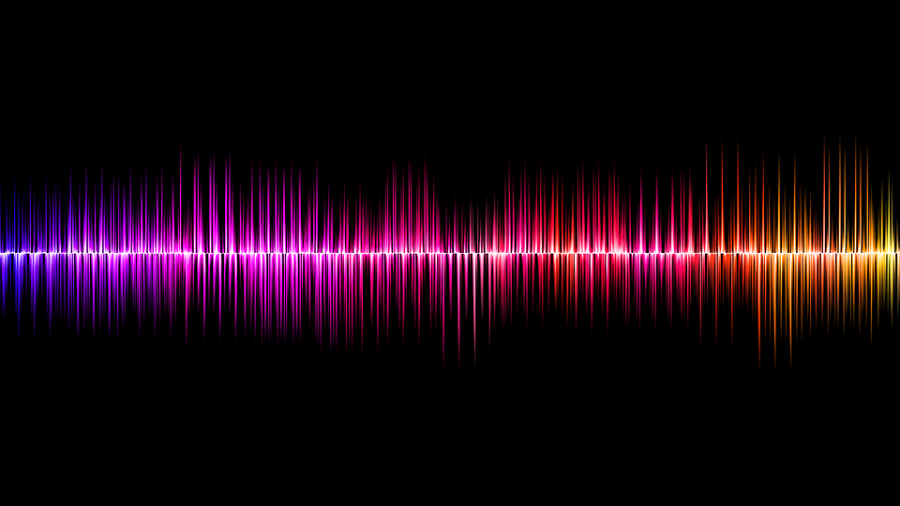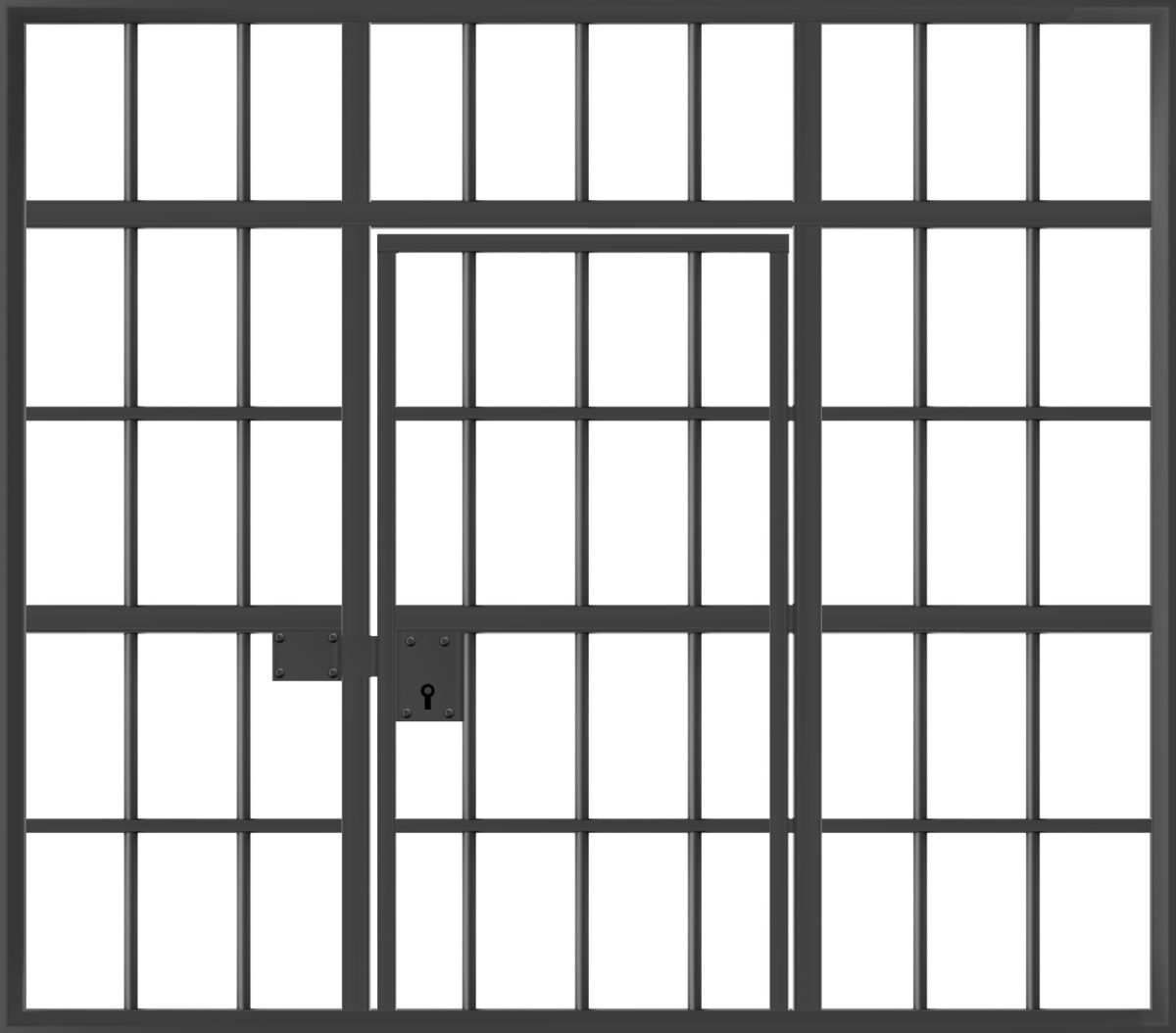Have you ever watched a video or listened to a recording of yourself and become, for lack of a better word, horrified at the sounds coming from the speakers? Do you find that your voice is not as deep as you thought it was, and you sound like Fran Drescher with a head cold? Well, don’t worry. This is a common experience, and the reason has to do with the way our brains process sound.
First, let’s talk about how important your voice is. Your voice is the result of a complex system of more than 100 muscles in your body. Recent scientific studies have shown that by analyzing your voice, you can detect the early stages of Parkinson’s disease, heart disease or even signs of depression. Voice plays a huge role in how you create relationships, as it changes depending on if you’re talking to friends, family or even telemarketers.
Your voice is created when your lungs cause your diaphragm to contract, vibrating your vocal folds and creating sound. The way you open and close your mouth then turns the sound into spoken words. This mechanism is the same for everyone, yet our voices are unique because the subtle differences in physiology, size and hormone levels all effect how your voice will sound.
How you perceive your own voice relates to how the ear processes the sounds we create. When you hear another person speak, you are taking the resulting sound waves from the air and then using your eardrums to process it. However, when you speak, you receive two inputs: one from the sound waves traveling through the air, and one from the vibration of your vocal folds. The vibrations from your vocal folds are then transferred internally by the bones in your skull to create rich, low frequencies. This process is called bone conduction, and the combination of the two sounds is the reason why you don’t think you sound like Mickey Mouse.
Don’t worry, you aren’t completely stuck with the way you sound. If you find that you don’t like the way you sound, there is an option for vocal improvement. You could go see a trained voice therapist who can improve your cadence and pitch by teaching you vocal exercises.
You shouldn’t hate the way your voice sounds. Your voice makes up a huge part of your identity, since it is the medium of expression for your ideas and feelings given physical form. To discount your own voice is to discount your own thoughts, and that can be an insidious thing for your mental health. Your voice is unique to what makes you human and allows what you to interact with the world.












